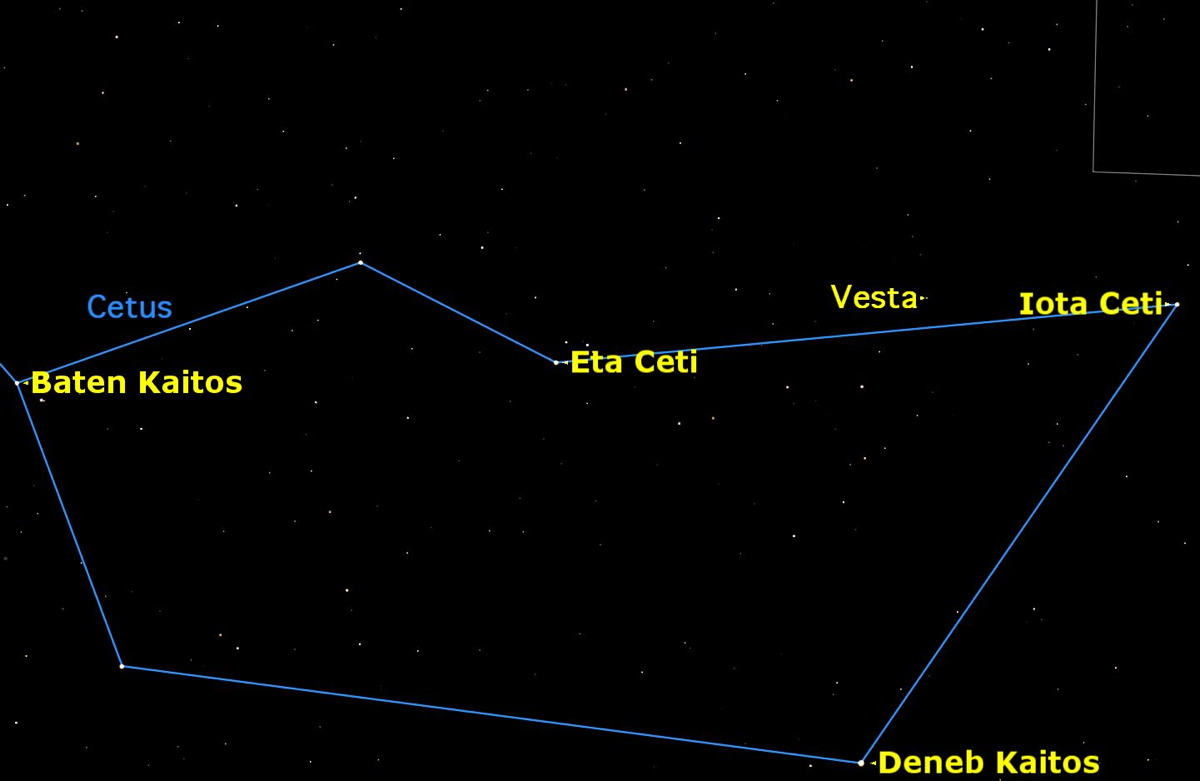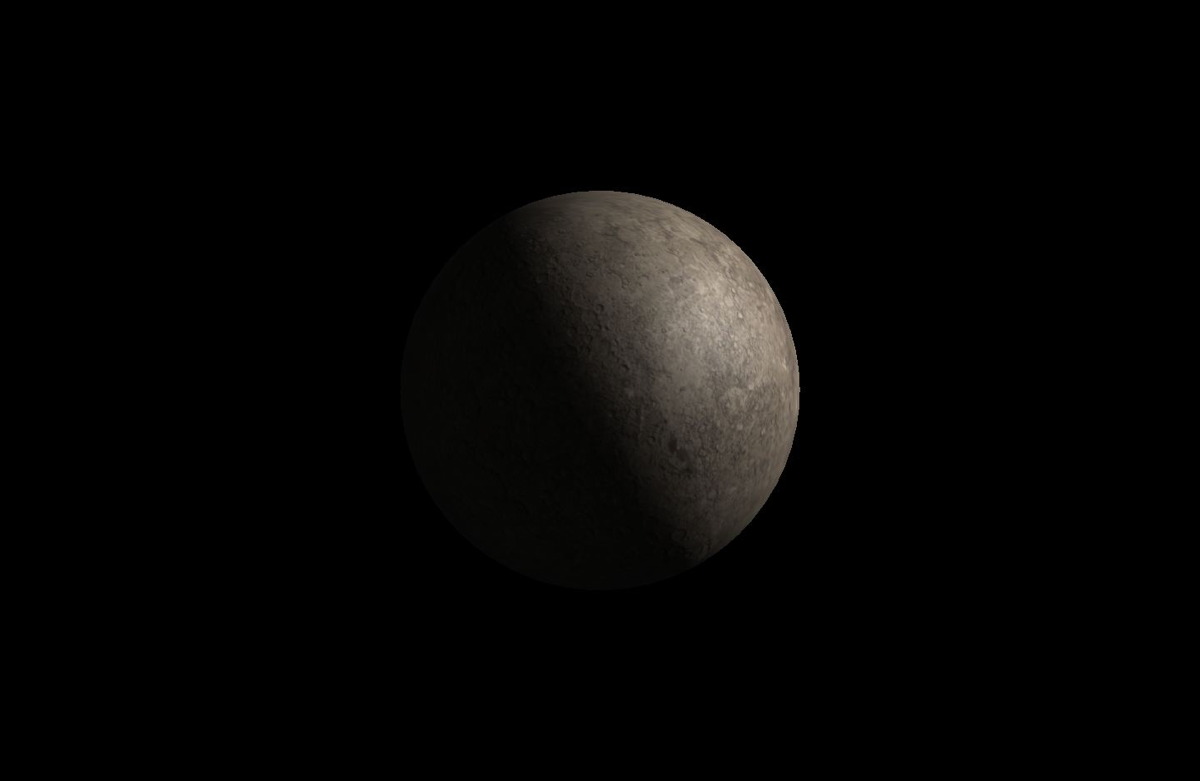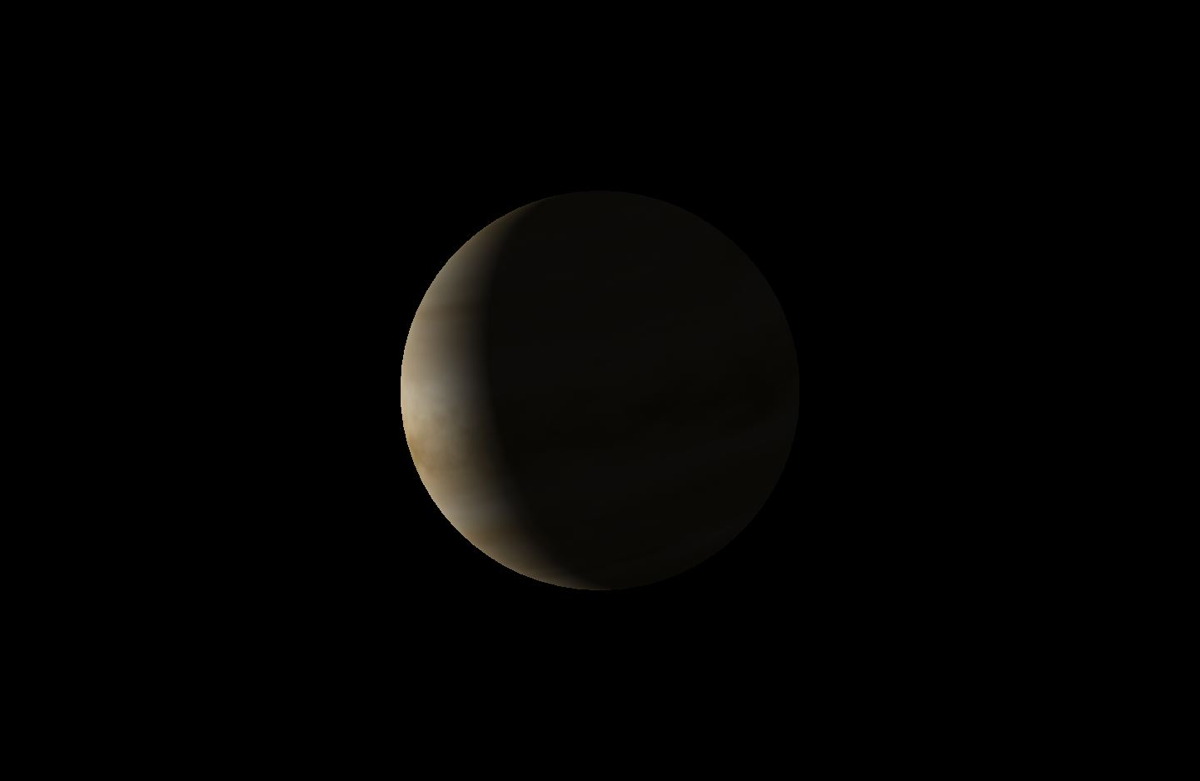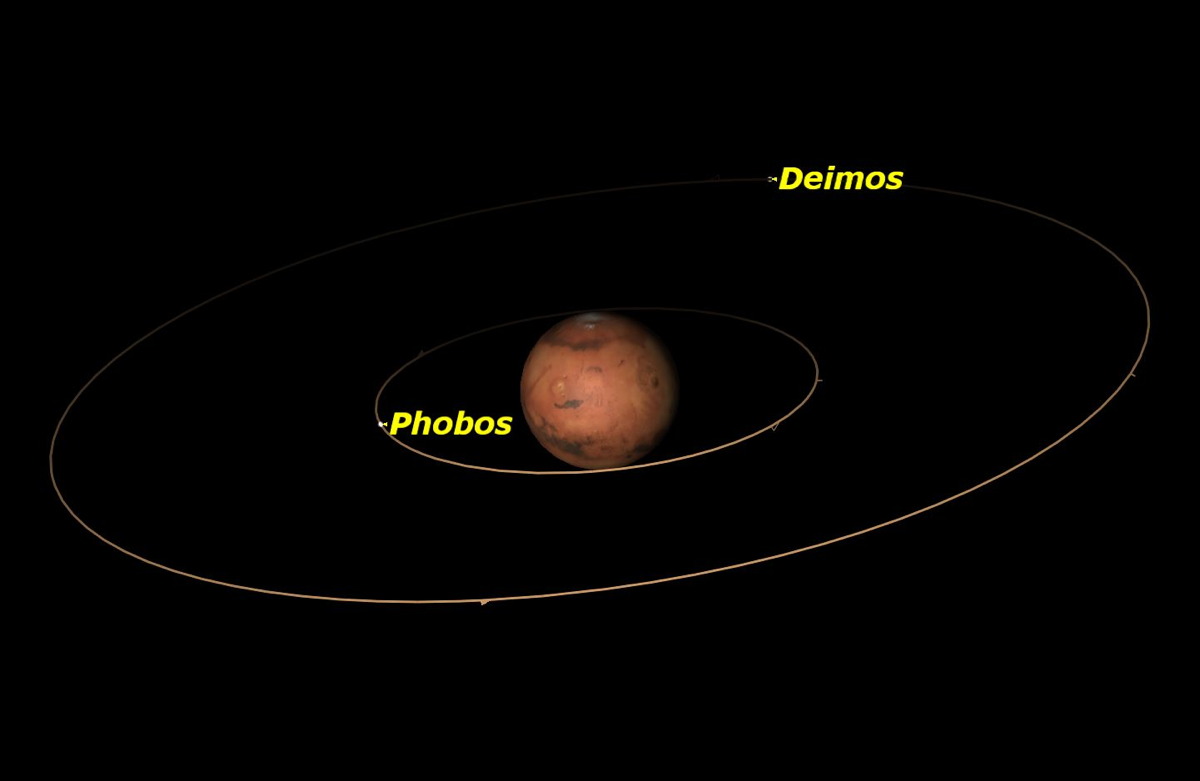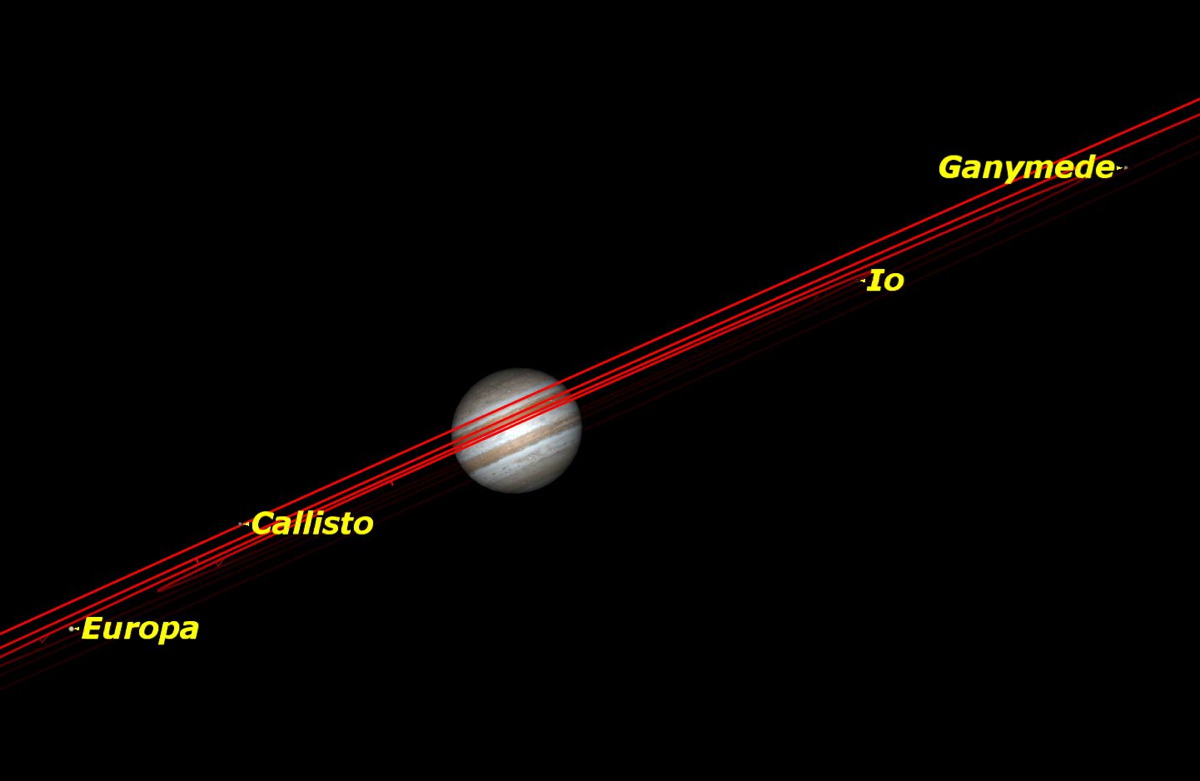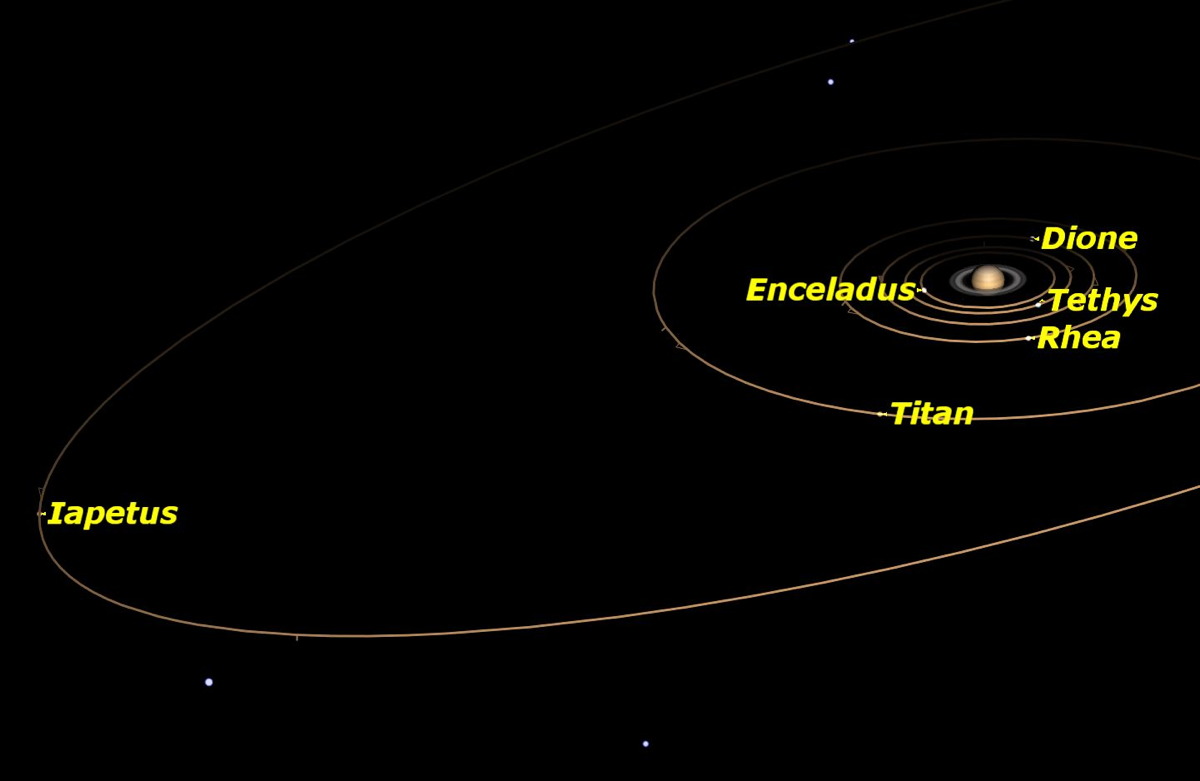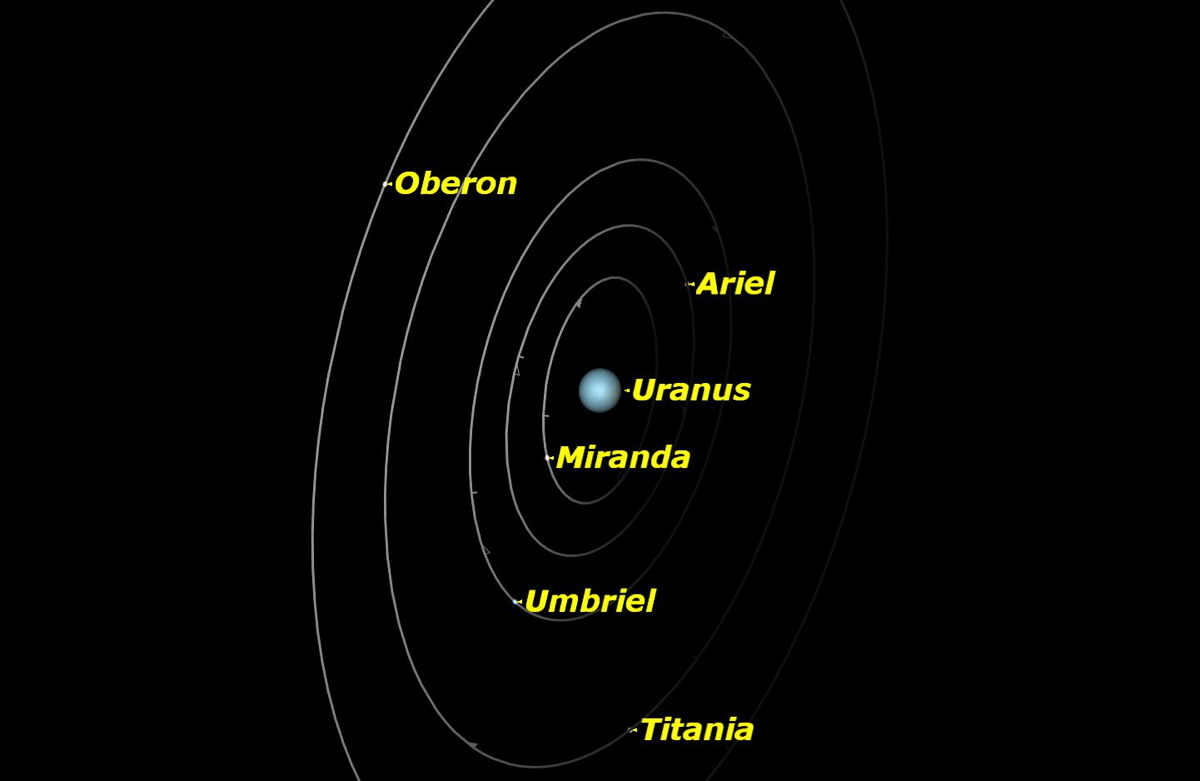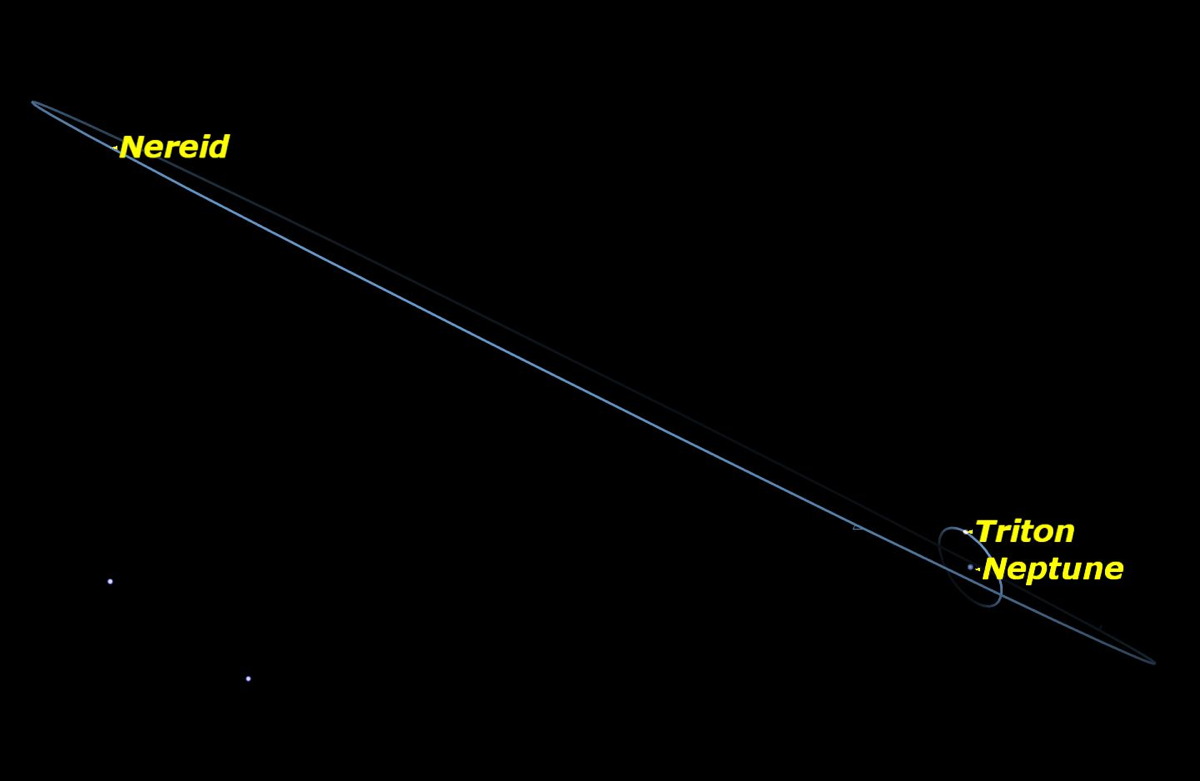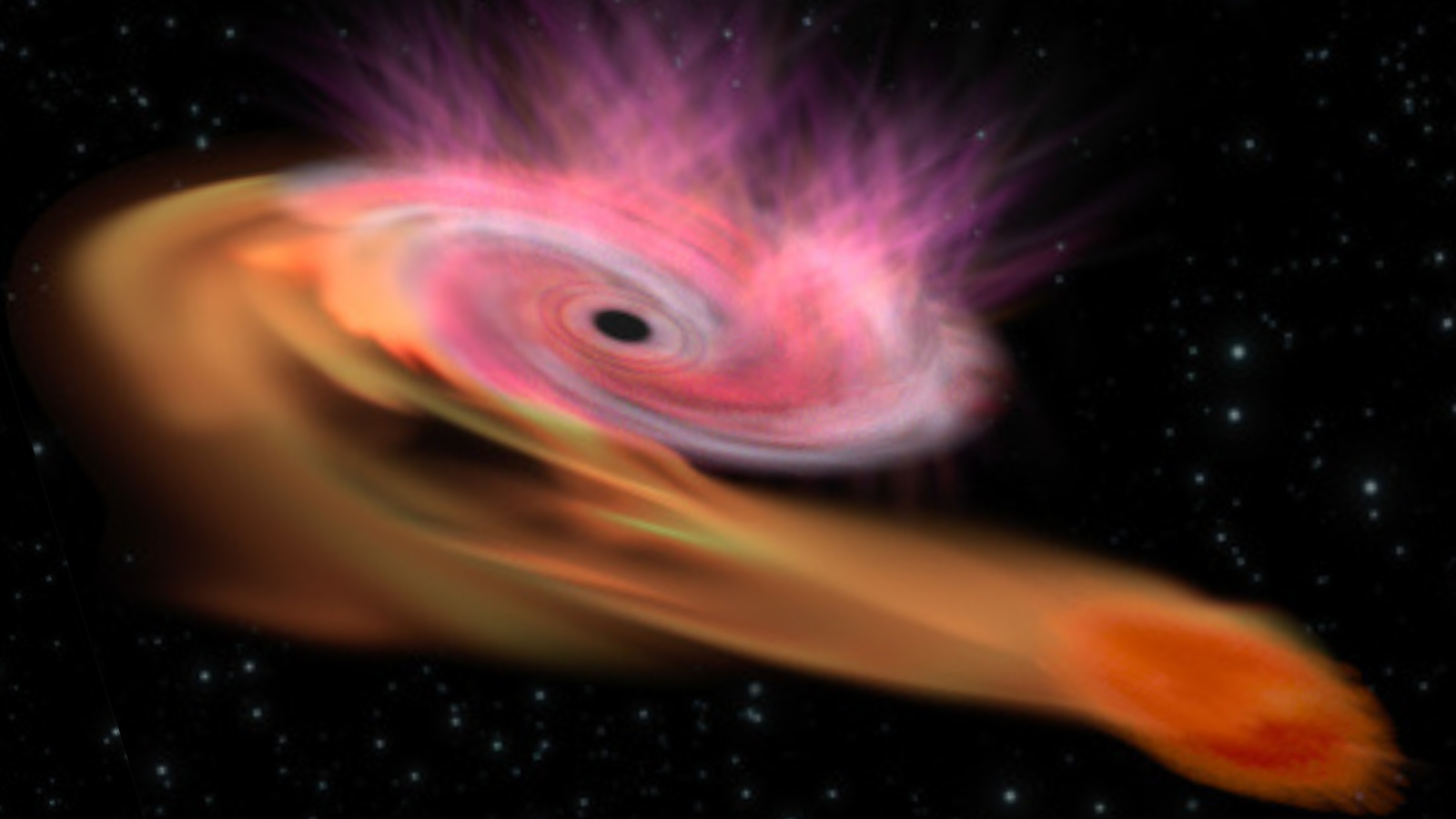Best Night Sky Events of September 2015 (Stargazing Maps)
Breaking space news, the latest updates on rocket launches, skywatching events and more!
You are now subscribed
Your newsletter sign-up was successful
Want to add more newsletters?

Delivered daily
Daily Newsletter
Breaking space news, the latest updates on rocket launches, skywatching events and more!

Once a month
Watch This Space
Sign up to our monthly entertainment newsletter to keep up with all our coverage of the latest sci-fi and space movies, tv shows, games and books.

Once a week
Night Sky This Week
Discover this week's must-see night sky events, moon phases, and stunning astrophotos. Sign up for our skywatching newsletter and explore the universe with us!

Twice a month
Strange New Words
Space.com's Sci-Fi Reader's Club. Read a sci-fi short story every month and join a virtual community of fellow science fiction fans!
Vesta at Opposition, September 2015
Monday, Sept. 28, 11 p.m. EDT. The brightest asteroid Vesta will be directly opposite the sun and visible all night in Cetus. At magnitude 6.2, it will be right at the limit of naked-eye visibility, but easily spotted with binoculars.
Mercury, September 2015
Mercury is well placed in the evening twilight for the first half of the month. This apparition is more favorable for observers in the Southern Hemisphere.
Venus, September 2015
Venus will appear incredibly bright in the night sky in September, hitting 23 times brighter than the brightest night-sky star, Sirius, in late September. It is the brightest among many bright planets to be spotted this month.
Mars, September 2015
Mars is low in the eastern twilight, moving eastward through Cancer into Leo.
Jupiter, September 2015
Jupiter reappears in the eastern pre-dawn sky in the middle of the month.
Saturn, September 2015
Saturn is low in the southwest mid-evening sky, and sets in late evening.
Uranus, September 2015
Uranus rises in mid-evening in Pisces, nearing opposition on October 12.
Breaking space news, the latest updates on rocket launches, skywatching events and more!
Neptune, September 2015
Neptune is in opposition on the 1st, visible all night in the constellation Aquarius.
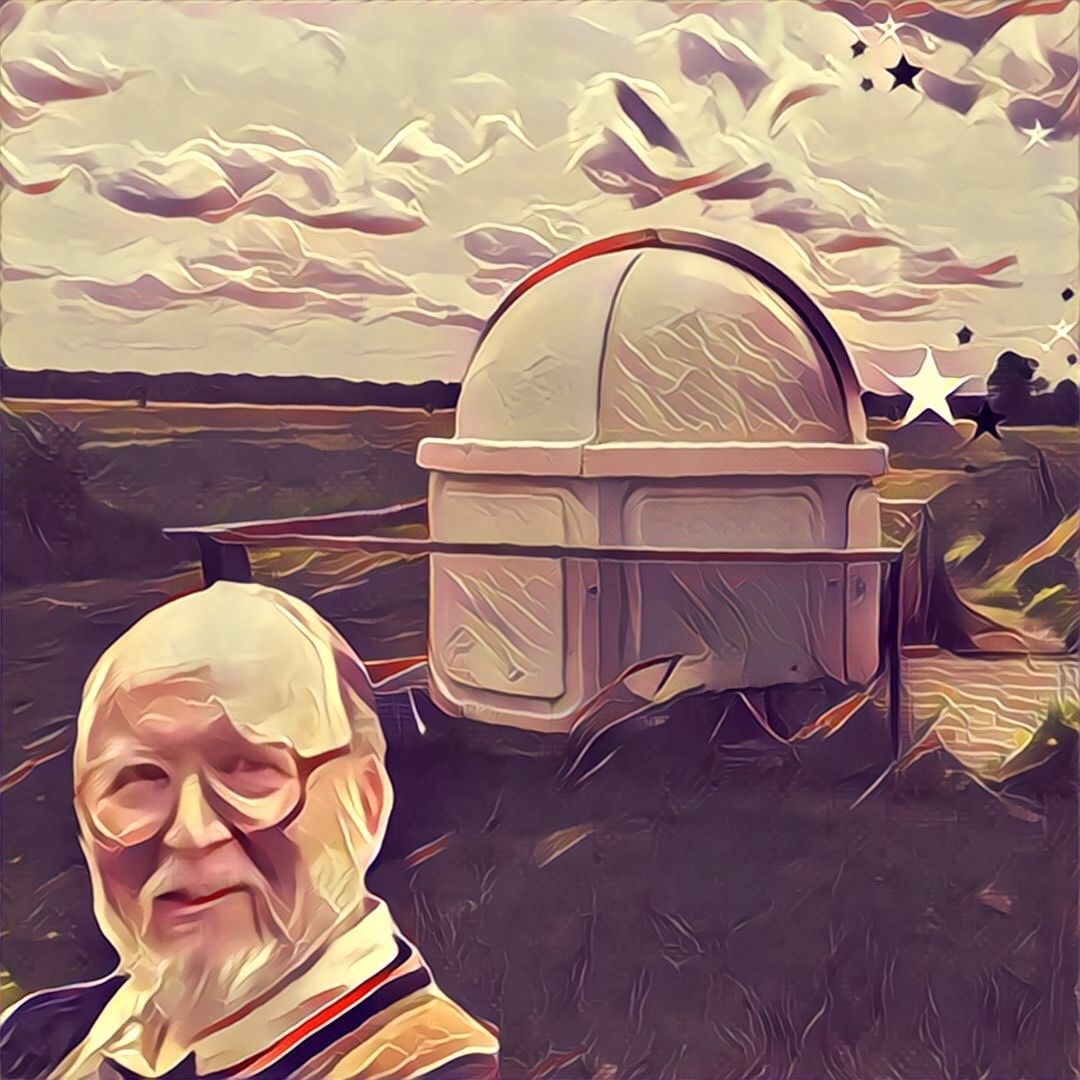
Geoff Gaherty was Space.com's Night Sky columnist and in partnership with Starry Night software and a dedicated amateur astronomer who sought to share the wonders of the night sky with the world. Based in Canada, Geoff studied mathematics and physics at McGill University and earned a Ph.D. in anthropology from the University of Toronto, all while pursuing a passion for the night sky and serving as an astronomy communicator. He credited a partial solar eclipse observed in 1946 (at age 5) and his 1957 sighting of the Comet Arend-Roland as a teenager for sparking his interest in amateur astronomy. In 2008, Geoff won the Chant Medal from the Royal Astronomical Society of Canada, an award given to a Canadian amateur astronomer in recognition of their lifetime achievements. Sadly, Geoff passed away July 7, 2016 due to complications from a kidney transplant, but his legacy continues at Starry Night.
